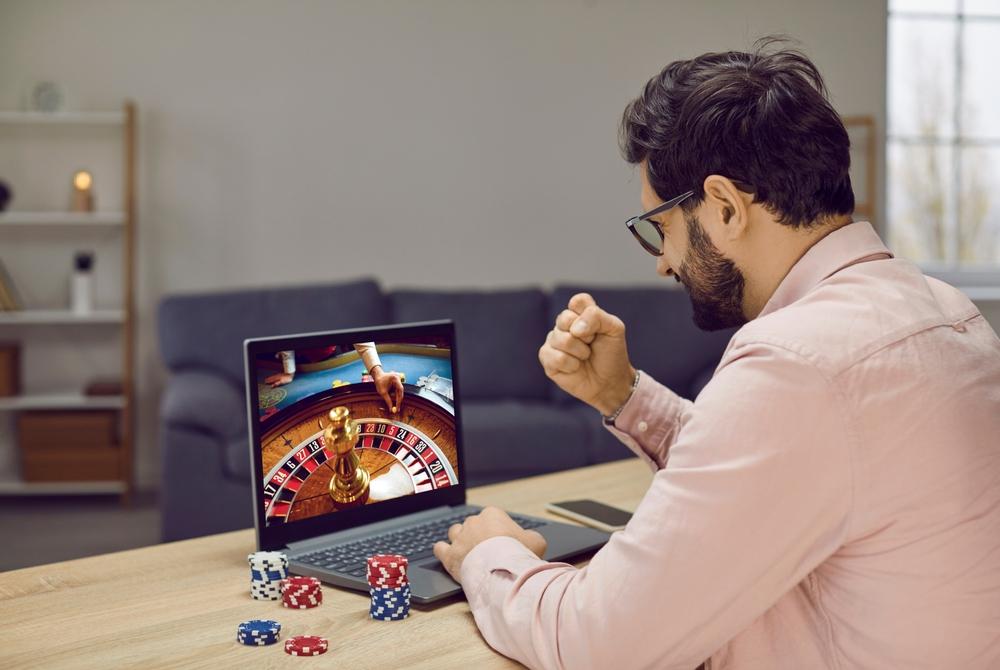
Online casinos have become a popular platform for gamblers to test their luck and win big. However, many players rely on superstitions and rituals to influence the outcome of their games. These beliefs can range from wearing lucky underwear to blowing on dice before rolling them. Luck psychology is a fascinating subject, and here we explore common superstitions and rituals that are believed to bring good luck in online casinos.
Lucky Numbers
Many players believe in the power of numbers and choose their bets accordingly. Some believe that certain numbers bring good luck, while others avoid numbers that they consider unlucky. For instance, in Chinese culture, the number 8 is considered lucky, whereas the number 4 is considered unlucky. Similarly, in Western culture, the number 7 is believed to be lucky, while the number 13 is considered unlucky.
Lucky Symbols
Gamblers also have their favorite lucky symbols that they consider a good omen. Such symbols may include a horseshoe, rabbit’s foot, or a four-leaf clover. Some players even have specific lucky charms or jewelry that they wear while playing. These symbols may not have any scientific backing, but they offer a sense of comfort and confidence to the players.
Rituals
Many players follow specific rituals before or during the game, which they believe will bring them good luck. For instance, players may choose to wear a specific outfit or sit in a particular chair. Some players even have a lucky routine where they perform certain actions before or during the game. These rituals may involve saying a prayer, blowing on the dice, or even tapping the screen a certain number of times.
The Gambler’s Fallacy
Despite the power of superstitions and rituals, it is important to remember that luck in online casinos is determined by random number generators and chance. The gambler’s fallacy is a common mistake that many players make, where they believe that past events can predict future outcomes. For instance, if the roulette ball lands on black five times in a row, some players may assume that red is due to come up next. However, each spin is independent, and the outcomes are not affected by the previous results.
Conclusion
Luck psychology is a fascinating subject, and superstitions and rituals play a significant role in how gamblers perceive and experience luck in online casinos. While these beliefs may not have any scientific backing, they offer a sense of comfort and confidence to the players. However, it is important to remember that luck is determined by probability and chance, and that the gambler’s fallacy is a common mistake that many players make. Happy gambling!
What Are Common Superstitions in Online Casino Games?
I do not believe in superstitions, but here are some common superstitions held by some online casino players:
1. Hot and Cold Streaks: Some players believe that certain games or machines will either be “hot” or “cold”, meaning they will either pay out frequently or not at all during specific times.
2. Lucky Numbers: Many players choose to place bets or spins on specific numbers that they consider lucky.
3. Lucky Colors: Some players prefer to wear or use specific colors that they believe will bring them luck in their game.
4. Avoiding Certain Actions: Some players believe that doing certain things like crossing their fingers or standing up during a game can bring bad luck and will actively avoid them.
5. The Lucky Rabbit’s Foot: Some players carry small charms or trinkets with them that they believe will bring good luck during online casino games.
6. The Gambler’s Fallacy: Some players believe that if they lose repeatedly in a game, they are due for a win, and will continue to bet until they win, which is not a proven strategy and could end up costly. Overall, it is important to remember that online casino games are based on probability and chance. While superstitions and rituals may offer comfort and confidence to some players, they do not have any scientific backing and should not be relied upon to predict the outcome of the game. It is important to gamble responsibly and to not fall into the trap of the gambler’s fallacy, as it could lead to significant financial losses.































